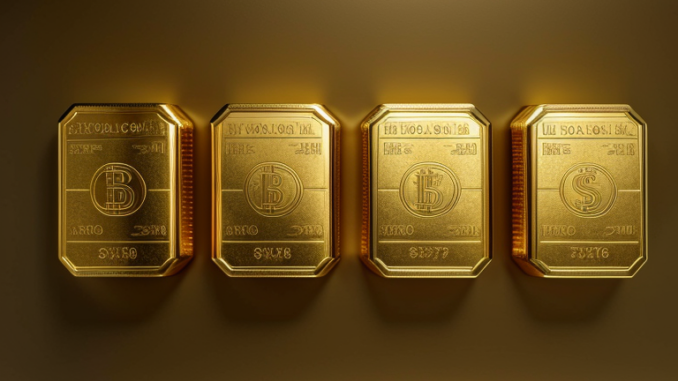
The history of money, a fundamental part of human civilization, has seen remarkable changes over the years. From the simple ingots introduced by the ancient Sumerians in 3000 BC to the revolutionary rise of cryptocurrencies, the evolution of money has been closely linked to advancements in financial technology. In this article, we will explore the captivating history of money and its promising future.
The story starts in Mesopotamia around 3000 BC when the ancient Sumerians introduced ingots, small valuable pieces of metal, as a means of exchange. These ingots served as an early form of money, facilitating trade and advancing economies. However, their lack of standardization made transactions difficult and inefficient.
Fast forward to 600 BC in Lydia, modern-day Turkey, and we see the birth of coins, which revolutionized the concept of money. Unlike ingots, coins were circular pieces of metal stamped with images and text, indicating weight and authenticity. This standardization made coins much more convenient and widely accepted as a medium of exchange.
As societies and economies grew during the Middle Ages, the need for secure storage and reliable intermediaries for financial transactions became evident. Goldsmiths and temples stepped in, offering safekeeping services for coins and valuables. These institutions marked the birth of banks, charging fees and providing receipts, thus laying the foundation for modern banking.
The 17th century brought another significant milestone in the evolution of money with the introduction of banknotes in Europe. Initially backed by gold or silver reserves, these paper currencies provided holders with the assurance of their intrinsic value. Banknotes offered the convenience of lightweight currency, making transactions much easier for individuals.
The Industrial Revolution propelled the world into an era of industrialization and technological advancements, which called for more efficient forms of money. The invention of the telegraph and telephone enabled the emergence of electronic money, revolutionizing long-distance financial transactions and paving the way for future digital currencies.
The advent of the internet in the late 20th century brought about a new era of convenience and speed in financial transactions. Online banking and electronic transactions became the norm, allowing individuals to manage their finances from home. The digital age marked a turning point in the way we interact with money, making it more accessible and user-friendly.
In 2009, the world was introduced to the concept of cryptocurrency with the creation of Bitcoin. Cryptocurrencies, like Bitcoin, use blockchain technology for transparency and security. This decentralized digital currency eliminates the need for intermediaries like banks, allowing for direct peer-to-peer transactions. Over time, cryptocurrencies have gained popularity as an alternative form of money and investment, captivating the imagination of individuals worldwide.
As monetary systems evolved, the establishment of central banks became crucial for the regulation and control of national currencies. Central banks maintain stability in the financial system and manage monetary policies. With the power to influence interest rates and control the money supply, central banks play a pivotal role in shaping monetary systems and ensuring economic stability.
Looking ahead, the future of money holds exciting possibilities. As technology continues to advance, we can expect further innovations in the way we store, transfer, and use money. Contactless payments, mobile wallets, and the integration of artificial intelligence are just a glimpse of what lies ahead.
From ancient ingots to modern cryptocurrencies, the evolution of money showcases human ingenuity and the ever-changing world of financial technology. As our world becomes increasingly interconnected and digital, the future of money will continue to shape how we conduct transactions and navigate the global economy. So hold on tight, as the journey of money is far from over – it’s only just beginning.

Be the first to comment